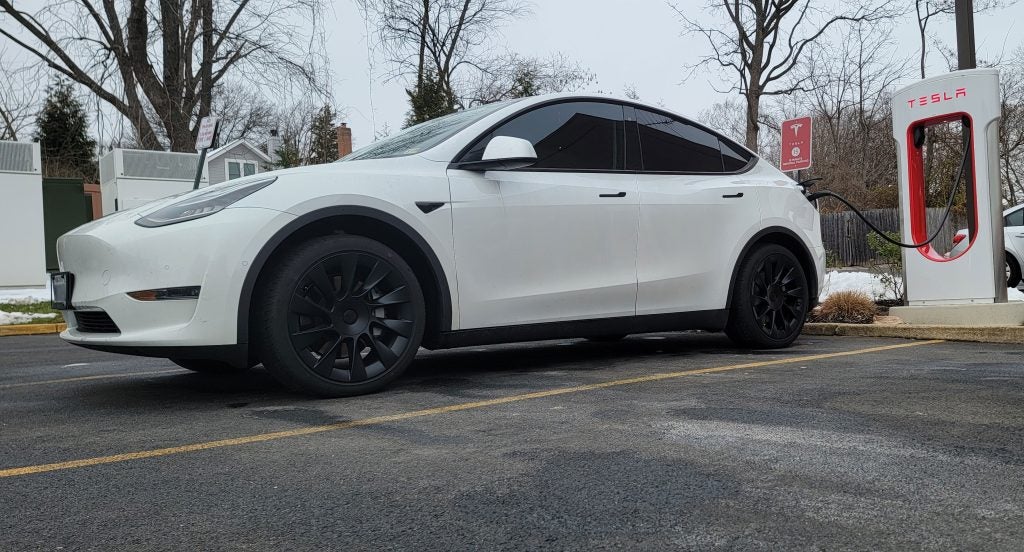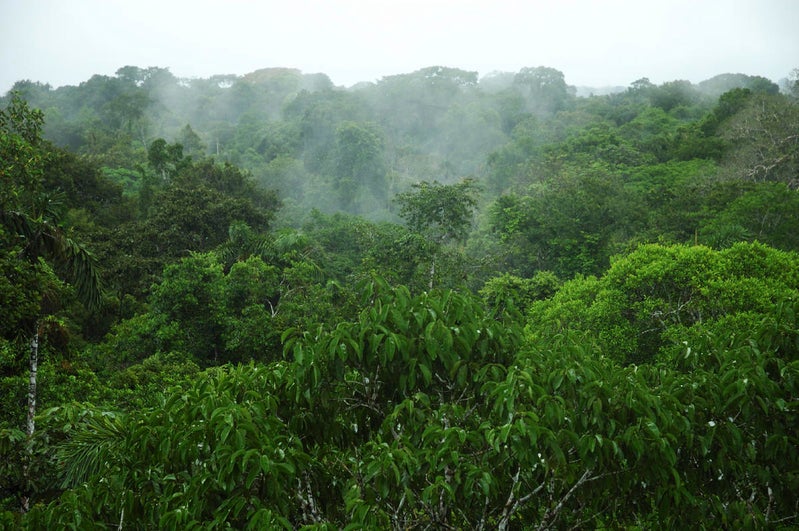
My Tesla Model Y charging at a public charging station the morning after the recent snowstorm in Virginia.
EV misinformation has reared its head again, but this time it seems to be stuck spinning its wheels in the snow. You may have seen a recent Washington Post editorial that expressed some concern about electric vehicle (EV) performance in cold conditions and falsely claimed that vehicles with internal combustion engines (ICE) are better. Prompted by a false anti-EV meme that’s been circulating on the internet (about a worried Tesla driver stuck in Virginia’s recent 48-mile snowy traffic jam), the editorial is sadly based on the author’s longtime bias against EVs–rather than on EV facts or science.
Don’t be fooled by skepticism towards unfamiliar tech. Electric vehicles not only keep pace with gas-guzzling cars in the snow–in some ways, they’re even better.
So, here are some key points for consumers to consider when you’re knee-deep in this type of EV misinformation this winter season (from a car guy who grew up dealing with snowy winters in New England, but now lives in Virginia, and drives an EV… even in the snow):










